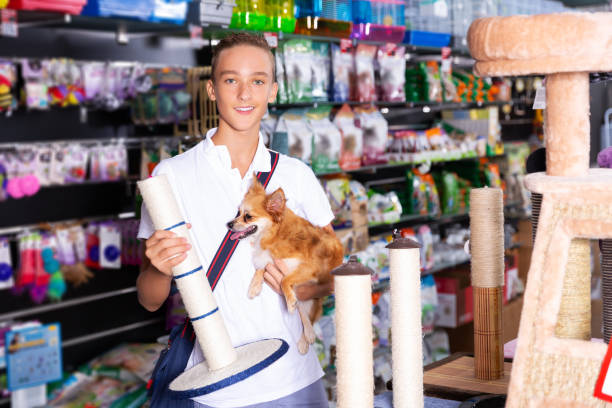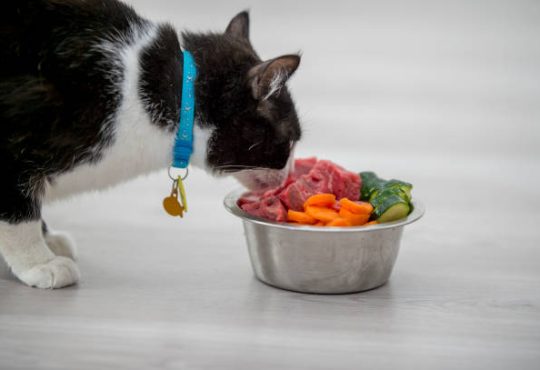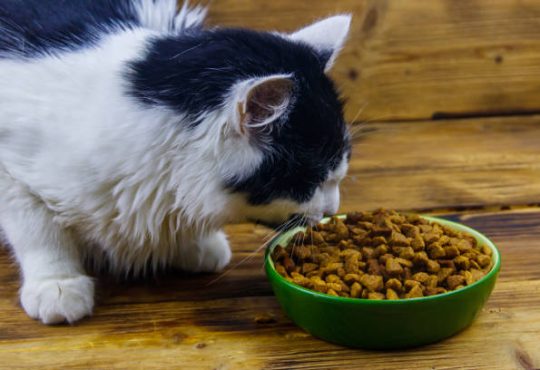
Pet products
Pet products” is a broad term that encompasses various items designed for the care, well-being, and enjoyment of pets. These products cater to a wide range of animals, including dogs, cats, birds, fish, reptiles, small mammals, and more. Here are some common categories of pet products:
Food and Treats:
-
- Specialized pet food for different species, breeds, and dietary needs.
- Treats for training, rewards, and dental health.
Pet Toys:
-
- Toys for mental stimulation, exercise, and entertainment.
- Interactive toys to engage pets and encourage play.
Pet Beds and Furniture:
-
- Comfortable beds for dogs, cats, and other small animals.
- Furniture and scratching posts for cats.
Grooming Supplies:
-
- Brushes, combs, and grooming tools for maintaining a pet’s coat.
- Shampoos, conditioners, and grooming wipes.
Health and Wellness Products:
-
- Flea and tick treatments.
- Supplements for joint health, skin, and coat.
Training Aids:
-
- Training pads for puppies.
- Clickers, leashes, and training collars.
Pet Carriers and Travel Accessories:
-
- Carriers for transporting pets.
- Travel bowls, water bottles, and seat covers.
Litter and Litter Boxes:
-
- Litter for cats and small animals.
- Litter boxes and accessories.
Aquarium Supplies:
-
- Fish food, water conditioners, and aquarium decorations.
- Filters, pumps, and heaters.
Reptile and Small Animal Supplies:
-
- Habitat accessories, heat lamps, and UVB lighting.
- Bedding and hiding spots.
Bird Cages and Accessories:
-
- Cages, perches, and toys for birds.
- Food and treats are designed for specific bird species.
Pet Apparel:
-
- Clothing for pets, including sweaters, jackets, and costumes.
- Boots and accessories for inclement weather.
Identification and Safety:
-
- Collars, tags, and microchips for identification.
- Safety gates and barriers.
Pet Technology:
-
- GPS trackers for pets.
- Smart pet feeders and cameras.
When choosing pet products, it’s essential to consider the specific needs and preferences of your pet, as well as any health or dietary requirements they may have. Additionally, consulting with a veterinarian can guide you in selecting the most suitable products for your pet’s well-being.




